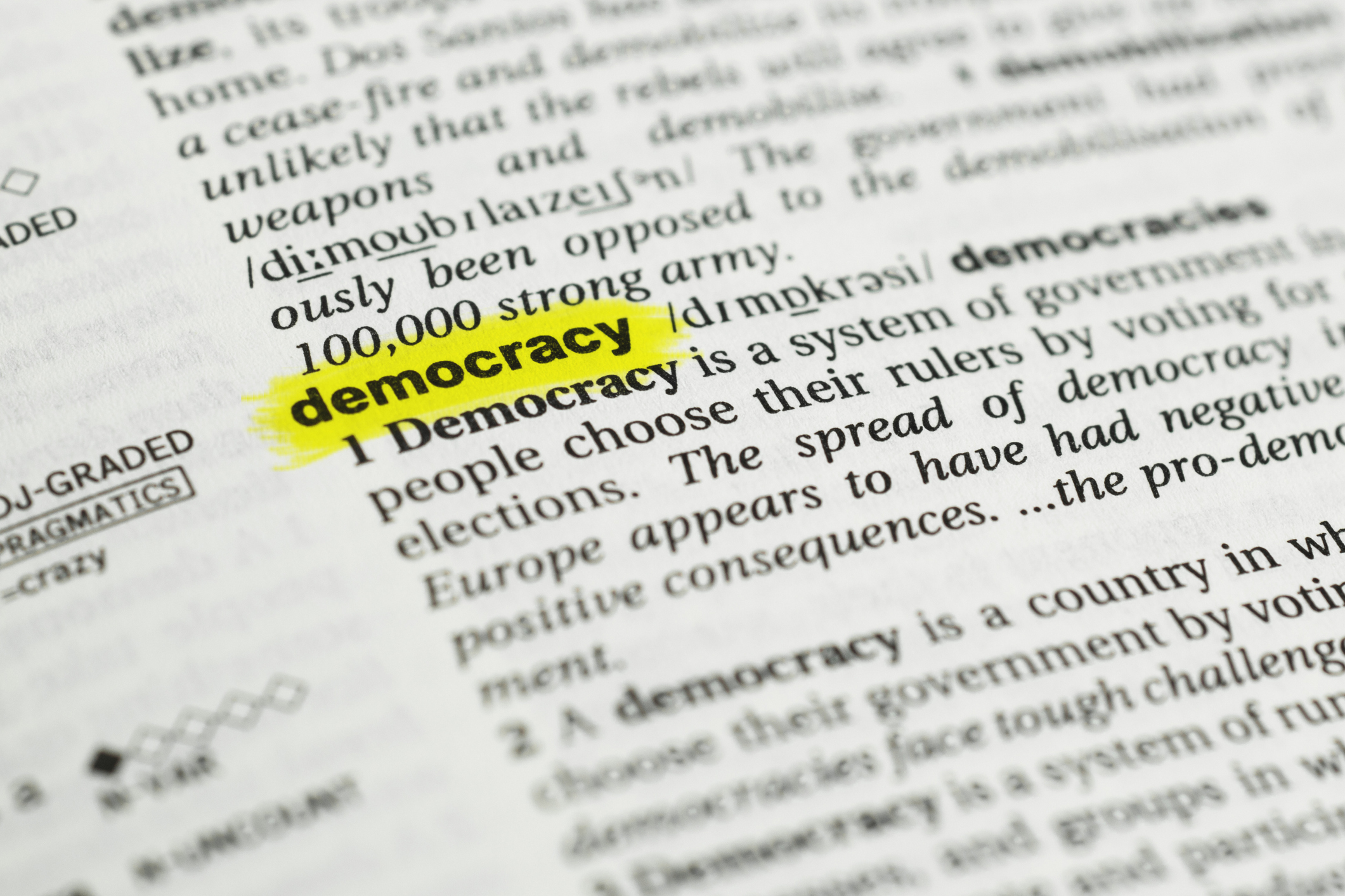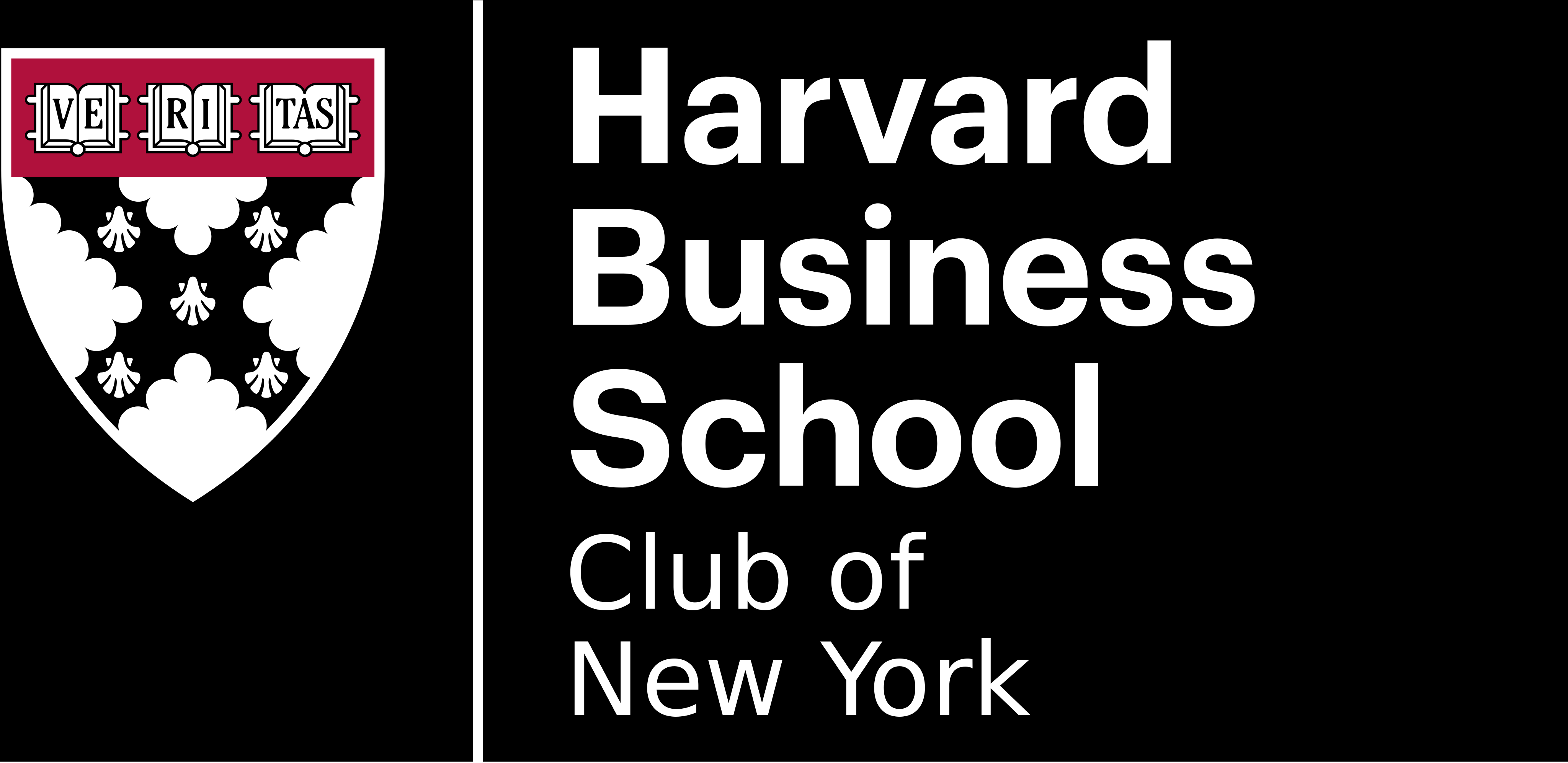Virtual BBL: Federalism vs Democracy—Is Democracy Being Injured by Political-Based Federalism? What Can or Should be Done About it?
Virtual BBL: Federalism vs Democracy—Is Democracy Being Injured by Political-Based Federalism? What Can or Should be Done About it?

Description
We Americans take great pride in our democracy. We are taught that democracy is the greatest form of government because it is government of the people, by the people and for the people, where we freely elect our leaders to represent us.
Yet today, things don’t seem to be working that well. There is huge wealth and income inequality, enormous sums of money are spent by private sources to help elect public officials and influence their policy-making, middle-class wages have stagnated, the lower class feel trapped, extreme partisanship has created gridlock in Washington to an extent that our nation’s biggest problems remain unsolved.
What’s wrong?
The answer may lie in the balance between Democracy and Federalism.
Small vs. Large States
When the United States was formed, our founders created a Federal system in which the smaller states were given additional powers to protect themselves against the larger states.
At the time of the ratification of the Constitution, the total population of free white males (those eligible to vote) was 770,000. One of the reasons the Federal system may have worked well was that there was a relative balance between the states.
Percentage of Population
• The North 30%.
• The South 30%
• Middle 40%
In addition, while states did vary by size, the differential was not extreme.
• Population difference between largest and smallest 10:1
• Population difference between 5 largest and 5 smallest 4:1
• % of population in 5 smallest states 18%
As the country grew, politicians admitted territories, as states, that would benefit their specific parties. For example, in 1888-1889, Republicans split up the Dakota Territory (with part of the Washington Territory) to form 5 states: North Dakota, South Dakota, Idaho, Wyoming, and Montana. These states currently have a population of about 5 million, about the size of the population of South Carolina. If we include West Virginia and Maine, which were also split off from other states, we have additional 7 states with a population of 8.2 million, less than the population of New Jersey. These states have 14 Senators and 16 additional electoral votes.
At the present time, the numbers vary far more significantly.
Percentage of Population in 2020
• 5 smallest vs 5 largest states 1% 38%
• 10 smallest vs 10 largest states 3% 55%
• 15 smallest vs 15 largest states 5% 68%
• 20 smallest vs 20 largest states 10% 77%
• Population difference between largest and smallest 68:1
• Population difference between 10 largest & 10 smallest 13:1
In other words, as the country has grown and new states have been admitted, the balance of power in the Senate between large and small states has tilted in favor of small states.
Urban & Rural
Another imbalance the founding fathers could not have foreseen is that between urban and rural.
Percentage of Urban to Total Population
1790 5%
2010 81%
In the 234 years between the signing of the Constitution and today, small states and rural areas have significantly increased their power. Meanwhile, larger states and urban populations have been significantly disadvantaged.
Our government is clearly a Federal system, but is it still a Democracy?
Electoral College
In 2 of the past 6 Presidential elections, the winner of the popular vote has lost the Electoral College. Is the Electoral College an anachronism? Should it be changed or done away with? Is this conceivable in the foreseeable future?
The Senate
The Senate has come to give increasingly more power to rural and smaller population states. Consider the following: the ten smallest states, with a total population of 9 million residents, have the same number of Senators (20) as the ten largest states, with a total population of 178 million residents. Is this a good thing?
The Filibuster
The modern use of the filibuster in the U.S. Senate has enabled the minority party to block popular legislation. Is the filibuster a good thing, as supporters claim, to ensure that legislation has bipartisan support? Or, for the most part, has the filibuster just ensured gridlock?
The House of Representatives
Because of gerrymandering, on two occasions in the past 24 years, the party that won the most total votes for all House of Representative elections won fewer seats.
Also, not surprisingly, some of the most urban states, like New York, New Jersey, Connecticut, and Massachusetts, send much more tax revenue to the Federal government than they receive.
In this BBL, we will discuss the imbalance between Federalism and Democracy. Our focus will be on whether we need to (or can) take steps to increase the principle of Democracy, where every vote counts equally, and reduce Federalism.
- Can our country work effectively if government is increasingly controlled by small groups?
- Can or should the Electoral College be reformed?
- Should the Senate continue to have rules for filibusters?
- Is there any way to better balance the urban and rural divide?
o Admitting Washington DC as a state?
o Allowing the largest states to split into pieces?
Please join us on April 21 for a discussion on the state of our democracy.
Participants must register by April 20th to receive details on joining the discussion.
Date Time
Date: Apr 21, 2021Time: 12:30 PM to 2:30 PMLocation
Zoom Meeting (Information to be sent to Registrants)1460 BroadwayNew York, NY 10036View Map
Price
- Free / Alumni Registration
Attendees
Richard Adler, Ruth Brodsky, Peter Burnim, Connie Chen, Eileen Conroy, Mark Damon, Daniel Dickson, Tor Dybfest, Irwin Friedman, John German, Edmund Grossman, Richard Kane, Herbert Kaplan, Arthur Katz, Khoon-Min Lim, Byron Loflin, Kathleen McCarragher, Joseph Morein, Richard Oehlmer, Margit Pearson, Bibiano Rosa, William Rosser, Peter Siris, George Skakel, Martin Smith, Paul Stratton, Linda Sweeney, Stephen WoodOrganizer
Herb Kaplan, MBA '65 & Peter Siris, MBA '68Zoom Meeting (Information to be sent to Registrants)
1460 Broadway, New York, NY, 10036

